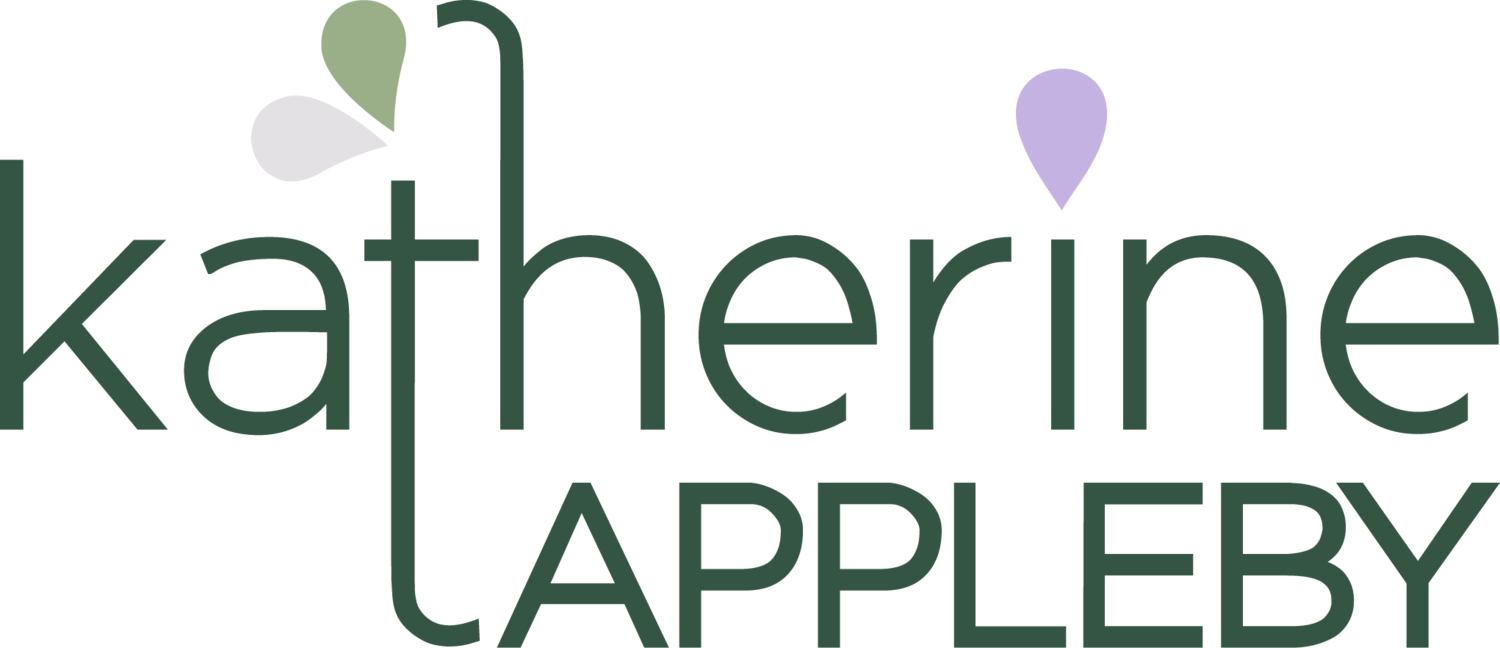Just How Helpful is Self-Help?
Just how helpful is self-help?
The self-help industry is a multi-billion dollar industry. Once, the size of the local bookstore’s self-help section was quite small, sitting almost hidden aside or even as part of the only slightly larger section on religion. Today, there are multitudes of books, articles, videos and podcasts, all promising change. But does this large and ever-growing number of books suggest that in ,reality, no one has found The Secret (pardon the pun) to life-altering, self-improving change?
One problem with the self-help industry, is that it’s a market-driven, rather than peer-reviewed industry. It plays into our human desire to change and improve, (playing on the thought we’ve all shared that there’s something wrong with us), but the onus is on us as the reader to sift through the massive volume of content promising self-improvement and change to find those that may actually be credible.
Another problem is that whilst self-help gurus often make change look simple - you simply decide what you want to change, you find a strategy to facilitate it, and then commit to making it happen; change is not easy. It’s difficult. And so the self-help industry grows.
Of course sometimes, thanks to the placebo effect, we might feel better, we might improve, we might feel after a weekend of ‘working hard at it’ that we have had some kind of incredible breakthrough and now feel so much lighter and happier. Sadly, though, this is often short-lived as the placebo effect wears off.
And whilst self-help seeks to facilitate positive change, this focus on self-improvement instead perpetuates shameful feelings of not being good enough. Much like some areas of evangelical Christianity, where being diagnosed with an illness was believed to be your own fault due to your lack of faith in God; books like The Secret, for example, place the blame for failing to manifest the job/car/house/money/husband of your dreams squarely on your own shoulders. If you’re not living the ‘happy life’, whatever that may be, according to some self-help gurus it’s your own fault: you are the problem and the one to blame.
Similarly, mistakes and failures are taught as negatives and as things to avoid, rather than opportunities for learning and growth. And when change doesn’t occur, this apparent ‘failure’ turns inwards to self blame and even hate.
So just how helpful is self-help and this focus on self-improvement? I’m sure it’s not all bad, some of it may actually be helpful. But I think we need to question why it’s an ever-growing industry that still hasn’t found the answers. Is it really helping?
Here’s some interesting reading/listening I’ve come across:
Derren Brown’s anti-self-help self-help book, Happy, which examines the considered life through the lens of Stoicism.
This article in the New Yorker
The How to Fail podcast with Elizabeth Day
Do you have an interesting book/article/podcast to share? Please comment below!
